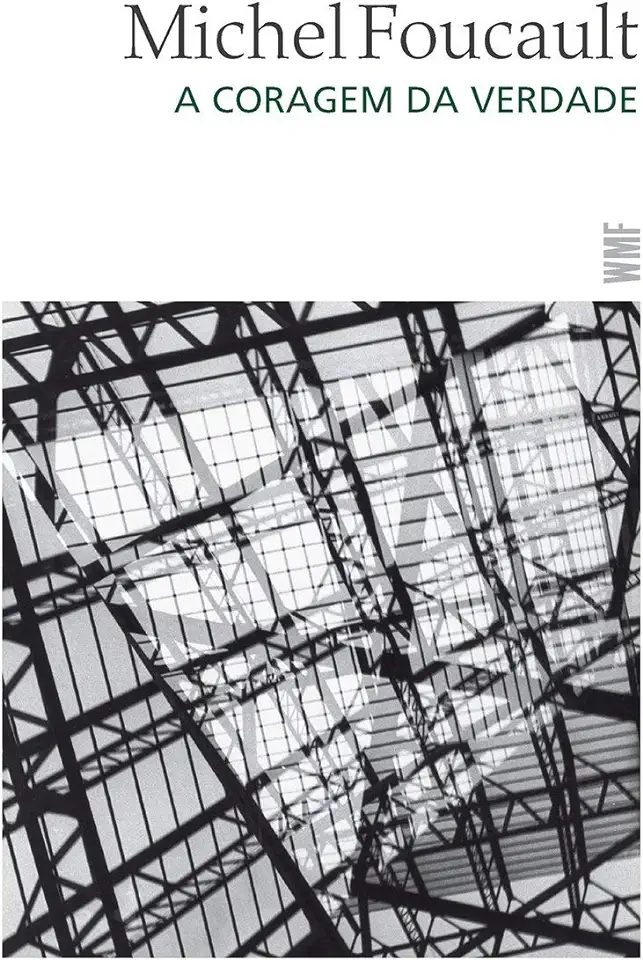
The Courage of Truth - Michel Foucault
The Courage of Truth: Michel Foucault's Philosophy of Courage
In his groundbreaking work, "The Courage of Truth," Michel Foucault delves into the profound concept of courage and its crucial role in the pursuit of truth. Foucault argues that courage is not merely a virtue to be admired, but an essential quality for anyone seeking to engage in genuine philosophical inquiry and transformative social change. Through a series of thought-provoking essays and lectures, Foucault challenges conventional notions of courage and invites readers to embrace a more radical and transformative understanding of this virtue.
Unveiling the Essence of Courage
Foucault begins by deconstructing the traditional understanding of courage as a heroic act of bravery in the face of danger. He argues that true courage lies not in the absence of fear, but in the willingness to confront and overcome the fears that arise from the pursuit of truth. According to Foucault, courage is not a static quality but a dynamic process that involves a constant struggle against the forces that seek to silence and suppress the truth.
The Courage to Speak Truth to Power
One of the central themes in "The Courage of Truth" is the importance of speaking truth to power. Foucault argues that courage is not just about facing personal fears, but also about challenging the dominant narratives and power structures that perpetuate injustice and oppression. He encourages intellectuals and activists to embrace the role of "parrhesiastes," or truth-tellers, who fearlessly speak out against the prevailing ideologies and expose the hidden truths that lie beneath the surface of society.
The Courage to Question and Subvert
Foucault also emphasizes the importance of courage in the realm of knowledge production. He argues that true scholarship requires the courage to question and subvert established beliefs and assumptions. Courageous intellectuals, according to Foucault, are those who dare to challenge the status quo, explore alternative perspectives, and disrupt the comfortable certainties that often stifle intellectual progress.
The Courage to Be Different
In "The Courage of Truth," Foucault celebrates the courage to be different and to embrace one's own individuality. He argues that courage is not about conforming to societal norms or expectations, but about having the strength to stand out, to be authentic, and to live life on one's own terms. Foucault encourages readers to resist the pressures of conformity and to cultivate the courage to be true to themselves, even in the face of adversity.
The Courage to Transform Oneself and Society
Ultimately, Foucault's philosophy of courage is a call to action. He argues that courage is not just a personal virtue, but a collective force that can drive social change and transformation. By embracing the courage to speak truth to power, question and subvert established beliefs, and be different, individuals can contribute to the creation of a more just and equitable society.
Conclusion: Embracing the Courage of Truth
"The Courage of Truth" is a powerful and inspiring work that challenges readers to rethink their understanding of courage and its role in shaping their lives and the world around them. Through his profound insights and provocative arguments, Michel Foucault encourages readers to embrace the courage of truth and become agents of positive change in society. This book is a must-read for anyone seeking to live a life of authenticity, integrity, and transformative action.
Enjoyed the summary? Discover all the details and take your reading to the next level — [click here to view the book on Amazon!]